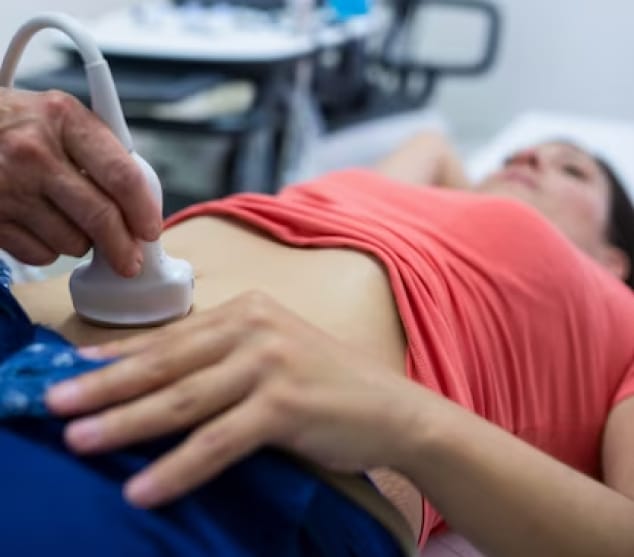
Postpartum physiotherapy, such as postpartum Pilates and pelvic floor exercises, is an essential practice for new mothers looking to recover after childbirth. These exercises not only strengthen the body but also enhance overall quality of life and well-being. Today, we will discuss what postpartum physiotherapy entails, its benefits, and how it can transform the lives of mothers.
What is Postpartum Physiotherapy?
Postpartum physiotherapy is a specialized approach that focuses on the physical recovery of women after childbirth. It includes a variety of techniques and exercises designed to strengthen muscles weakened during pregnancy and childbirth.
- Postpartum Pilates:
It has become a popular choice for new mothers looking to recover physically after childbirth. This form of exercise is based on the principles of traditional Pilates but is specifically adapted to the needs of the postpartum body.
It is a form of exercise that focuses on strengthening core muscles and improving flexibility after childbirth. It is designed to address the changes that the body undergoes during pregnancy, including muscle weakness, loss of tone, and reduced flexibility.
The exercises focus on the core, abdominal muscles, glutes, and pelvic floor muscles, with a particular emphasis on restoring function and muscle tone.
This activity is gentle yet effective, ideal for mothers who want to tone their bodies without strenuous exercises.
- Pelvic Floor Exercises:
Also known as Kegel exercises, these are fundamental practices for maintaining pelvic floor health—a network of muscles and tissues that support pelvic organs such as the bladder, uterus, and rectum. These exercises are especially crucial for women after pregnancy and childbirth, as the pelvic floor can weaken during this period.
What are they about? They involve contracting and relaxing the pelvic floor muscles repeatedly.
Benefits of Postpartum Physiotherapy
1. Muscle Strengthening:
Postnatal physiotherapy, especially postpartum Pilates, strengthens the core and pelvic floor muscles, enhancing physical strength and endurance.
2. Improved Posture:
Specific postpartum Pilates exercises help correct posture, alleviating back and neck pain that often affects new mothers due to physical stress.
3. Prevention of Urinary Incontinence:
By strengthening the pelvic floor muscles, pelvic floor exercises help prevent urinary incontinence, a common issue after childbirth.
4. Restoration of Flexibility:
Helps restore flexibility lost during pregnancy, improving mobility and range of motion.
5. Emotional Well-being:
Regular exercise releases endorphins, improving mood, and reducing stress. This is crucial for the emotional well-being of new mothers.
6. Pelvic Floor Recovery:
Pelvic floor exercises are essential, improving quality of life and confidence in body control.
Postpartum Physiotherapy: Quality of Life
Postpartum physiotherapy becomes a great option for new mothers, providing significant benefits for physical recovery and optimal quality of life after childbirth.
It is much more than just a series of exercises; it is a pragmatic and effective tool to address the physical challenges that arise after motherhood. By providing specialized techniques and personalized attention, it becomes a space where women can find relief from pain, regain their strength, and restore their mobility. In this process, they free themselves from everyday discomforts and regain confidence in their bodies, allowing them to face daily demands with greater comfort and renewed energy.
